If you’re still among the many that haven’t let Facebook’s latest controversy deter you from using its services, you may be intrigued or possibly alarmed to learn that your political views are among the many things it records.
Recently, Facebook came under fire when a connection was made between the use of profile data by a political data analytics firm and the network’s lax privacy policy regarding third-party applications. In 2015, Cambridge Analytica (CA), which worked closely with Donald Trump’s presidential campaign, was found to have harvested data from millions of users to create targeted marketing. Though it was against Facebook’s policy to use that data for marketing purposes, CA’s acquisition of said information fell within terms that were in place at that time. What followed the revelation was a rash of users that deleted their Facebook.

Among the information that Facebook compiles on its users, political alignment may be among the sneakiest. In fact, chances are much of the user base has no idea that the social networking site even determines whether you’re liberal or conservative. Based on your activity, including which pages you follow, Facebook scales your political leanings on a scale of very liberal to very conservative.
To see what Facebook labels you as, you’ll need to do some digging. From a desktop computer, go to facebook.com/ads/preferences and click on “Your Information.” From there, click “Your Categories” and look for “US politics.” To the right of that, in parenthesis, you’ll see either “very liberal,” “liberal,” “moderate,” “conservative,” or “very conservative.” You can also find it on the Facebook mobile app by accessing your settings (through the hamburger menu in the bottom right-hand corner). In settings, click on “Account Settings” and scroll down to “Ads.” Click on “Your information” and “Review and Manage Your Categories.”

It should come as no surprise that social media websites compile information about their users' likes and dislikes. If you need more evidence, just look at the ads that come up. Chances are they’re for a product you’ve searched for recorded via your browser’s cookies. The political affiliation label is directly linked to the ads you see and can be turned off if you prefer advertisers not take whether you’re liberal or conservative into account. To do so, click the “X” that appears when you hover over “US politics.”
Was Facebook’s predicted political leaning accurate? You can also view others details that are considered when advertisements are filtered out to you, including your birth month, the type of network you access Facebook on, what email provider you use, and far more specific things like whether you know a woman with a birthday within the next seven to 30 days.


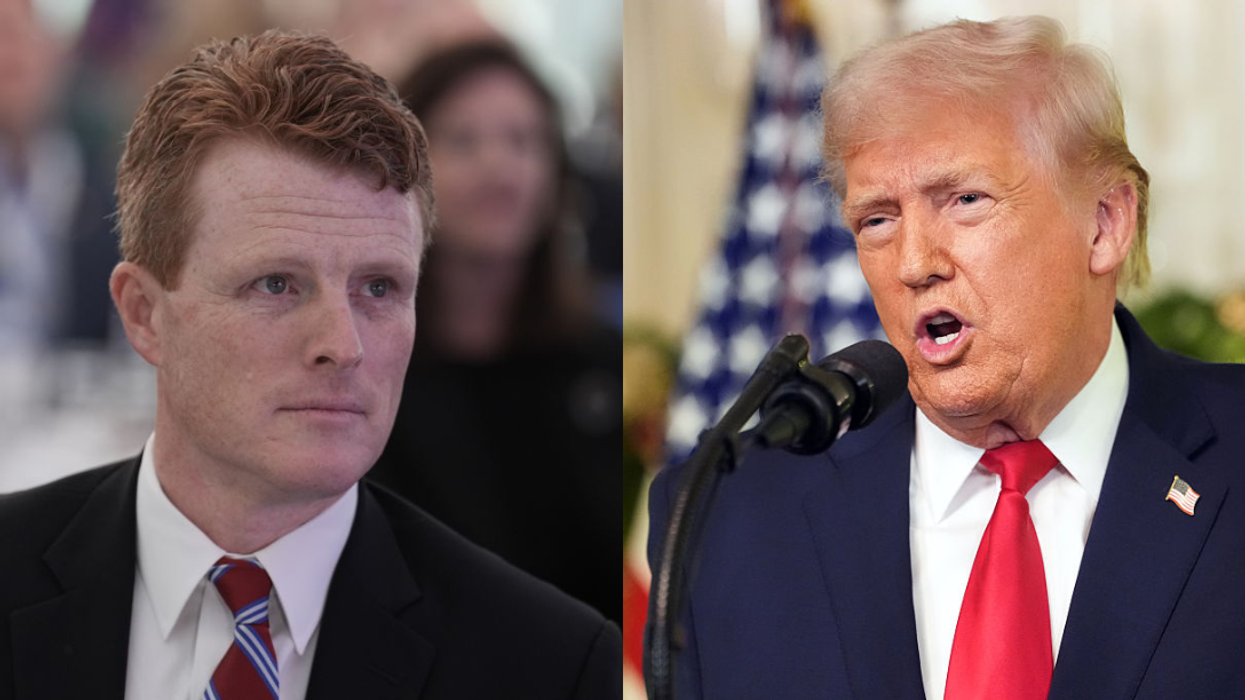



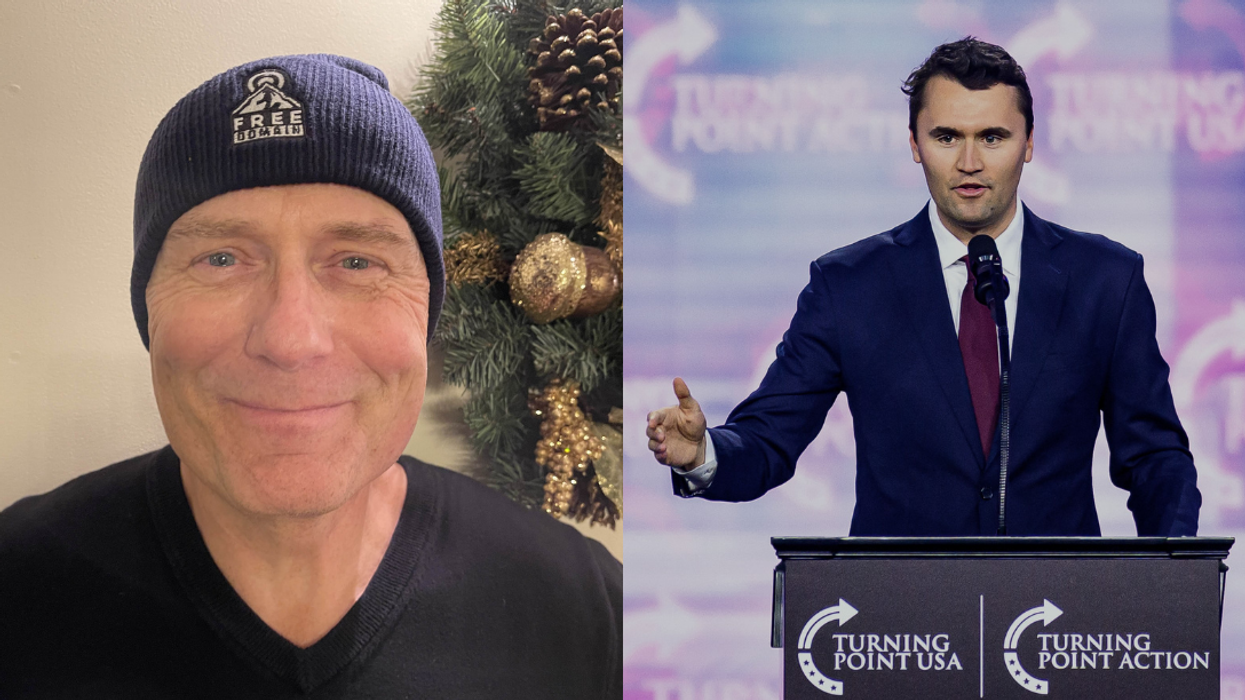
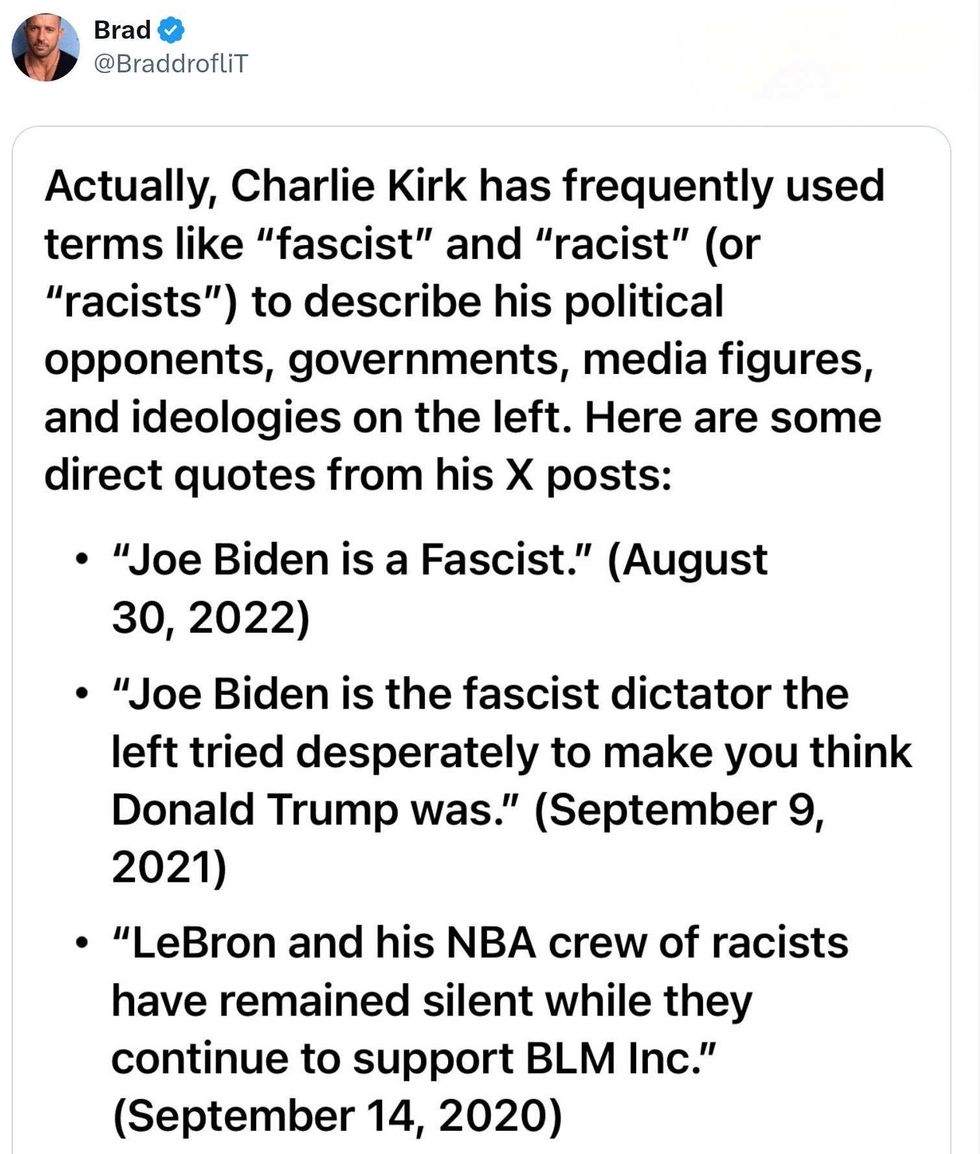
 Replying to @StefanMolyneux/X
Replying to @StefanMolyneux/X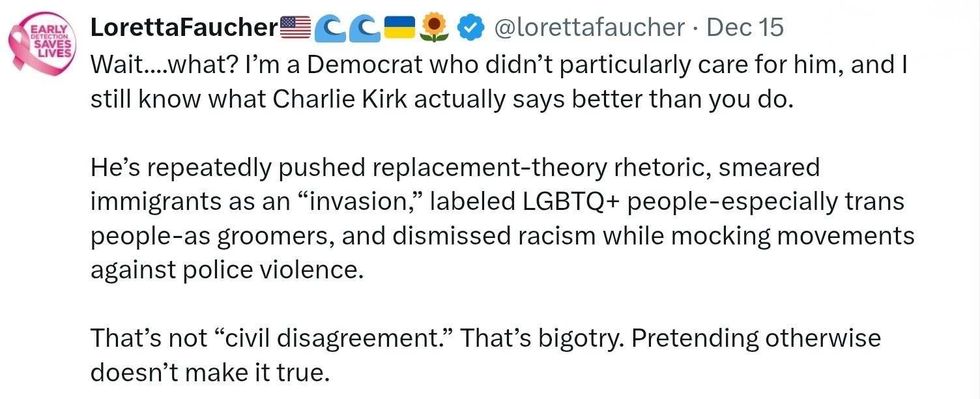 Replying to @StefanMolyneux/X
Replying to @StefanMolyneux/X Replying to @StefanMolyneux/X
Replying to @StefanMolyneux/X Replying to @StefanMolyneux/X
Replying to @StefanMolyneux/X




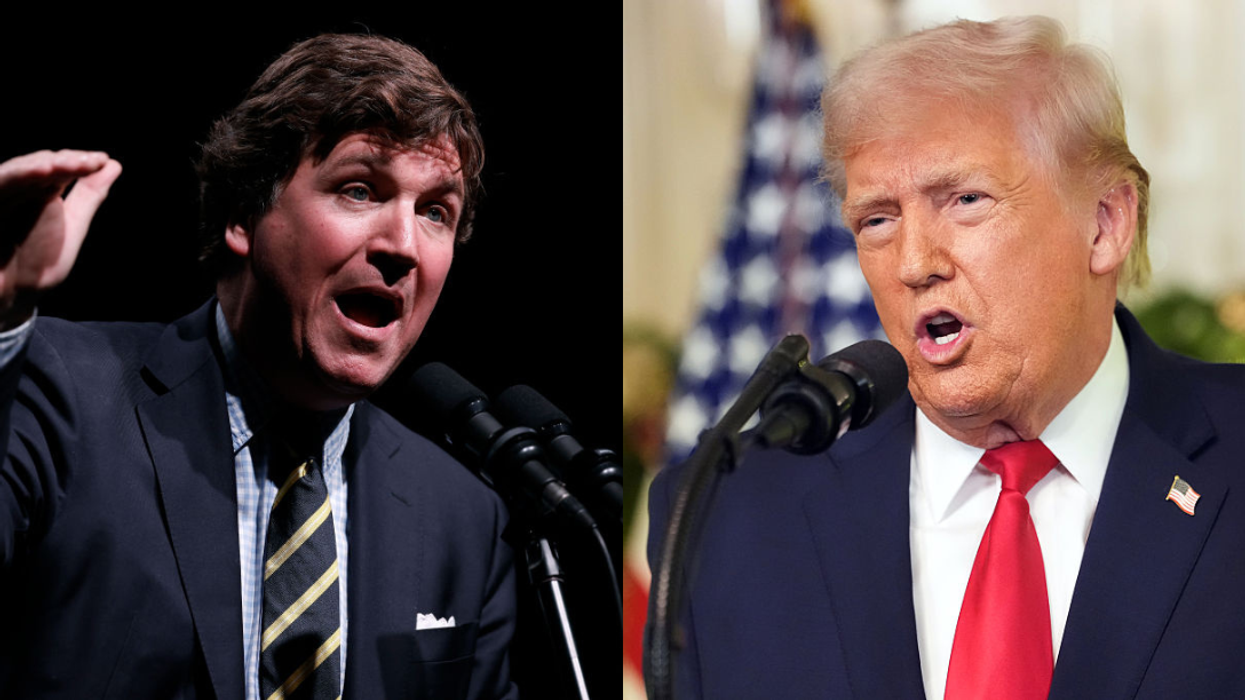



 Playing Happy Children GIF by MOODMAN
Playing Happy Children GIF by MOODMAN  May The Fourth Be With You
May The Fourth Be With You 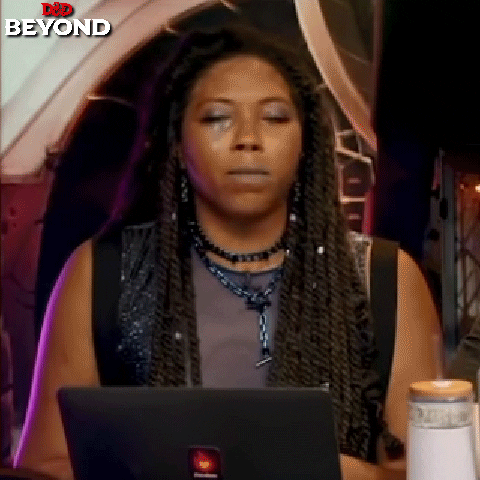
 Nhh GIF by New Harmony High School
Nhh GIF by New Harmony High School